Finding Peace and Beauty with Farida Bustani
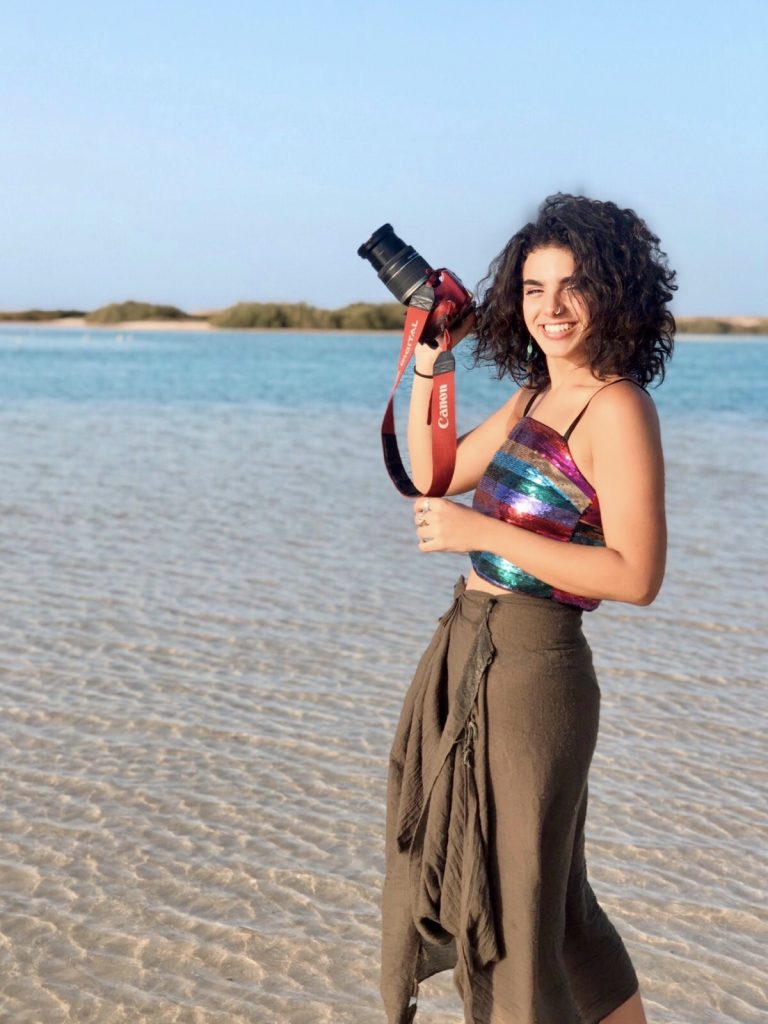
The seaside town resort of El Gouna, near Hurghada is a picturesque town built along the Red Sea shore. It has distinct architectural styles, adjoining canals and lagoons, and charming boutique stores and cafés. Resident in El Gouna is 23-year-old photographer Farida Bustani.
After studying Cinema and Theatre in Lyon, France, Farida turned to her longstanding passion of photography. Farida has always been mesmerised by her surroundings – at the age of 7, she would take her parents’ phones and snap shots of everything she could while walking along the pavements of El Gouna. Now, she does professional shoots, holds exhibitions of her work and splits her time between Cairo and El Gouna. She can also be found giving talks and hosting workshops on photography, all the while capturing photos that reveal so much of Egypt’s charm.
Farida’s photos are like stepping into a Wes Anderson-esque world of pastel colour palettes and satisfying compositions. The delicate oranges and yellows, soft sandy beiges and rich blues are all displayed proudly in razor-sharp lines or full-bodied waves of ocean or desert. You can’t help but feel peace when looking at them. Their simplicity makes you want to stare at them forever, and their artfulness leaves you wondering what it would be like to step into her world. With an affinity for animals, Farida’s dream is to photograph for NatGeo Wild.
Farida talks to FRONTRUNNER about the challenges of street photography in Egypt, iPhone photography, Steve McCurry and the art of self-portraiture.
How has El Gouna served your photography practice and what does the town mean to you?
So, Gouna did everything for me. It really started everything because, you know, when you start photography very naturally it’s because of what’s around you and who’s around you. I was surrounded with such beautiful colour palettes and shapes and sizes and…neatness. It was so clean there, it still is. I just found myself there, and I started taking pictures and it was so beautiful. I really learned all the ratios and dimensions, and the colours and how to deal with them, as well as how to edit the pictures. It became really challenging for me to go anywhere else and take pictures that seemed as nice to me. It’s where my core is, in Gouna. When I’m there, I get back into that part of me that is photography. The happiness that I feel when I’m there taking pictures is so amazing – I don’t find that anywhere else in the world.
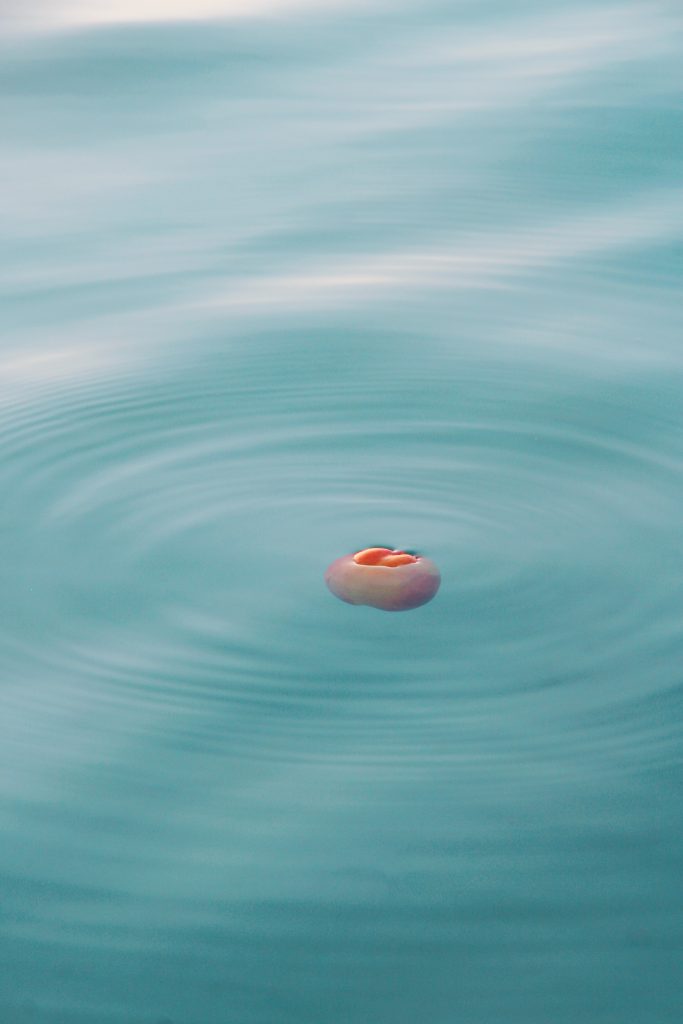
Who are some photographers you are inspired by? Any works in particular?
I have so many photographers that I look up to. But one that has always been an inspiration to me, even though his photography style is so different to mine, is Steve McCurry. He’s a photojournalist. He took that picture of The Afghan Girl on the Afghan-Pakistan border, the girl with the scarf and the bright green eyes. I just love his work. Every day, I go on Instagram and I look through and I think “Wow, his pictures say so much”. This is what I want. I know my pictures are very minimal, but I hope they do say so much and I hope I make people feel the way I feel when I see his pictures.
Some of your really amazing photos were taken with your iPhone. How important is gear in photography? And what is an iPhone camera feature that most people don’t use or know about but should?
I always say that photography does not start with gear. A lot of people think it’s all about gear and that if you have more gear, you’re a better photographer. But I think starting with an iPhone or phone in general is the best. You have your phone with you all the time, you need to have it all the time because picture opportunities can be fleeting and momentary. Carrying a camera all the time on your back can be very painful for your neck and a lot of people don’t think it’s the safest because they’re afraid to lose it or for it to get stolen. A camera is very valuable and costs a lot so cameras should be the last thing you buy. Buy it when your gut feeling buys it itself, when you know that photography is the thing for you and it comes to a point where you need it. That’s when you invest in it. A lot of people don’t really mind quality when you’re a photographer. People use filters to make their pictures look like they’re from 1990, from a film camera or polaroid. That just shows you that it’s not always about the actual picture or JPEG. It’s about the composition and the story behind the photo. Cameras and gear come in handy when it’s more work related, when you need to print or sell to bigger companies or websites. But for starters, you should always start with a phone.
My favourite phone feature would be…I guess I don’t have one. I love my iPhone camera. All the settings are in one place, you have everything you need. It’s sharp, the colours are nice, saturation is perfect and I just love it!
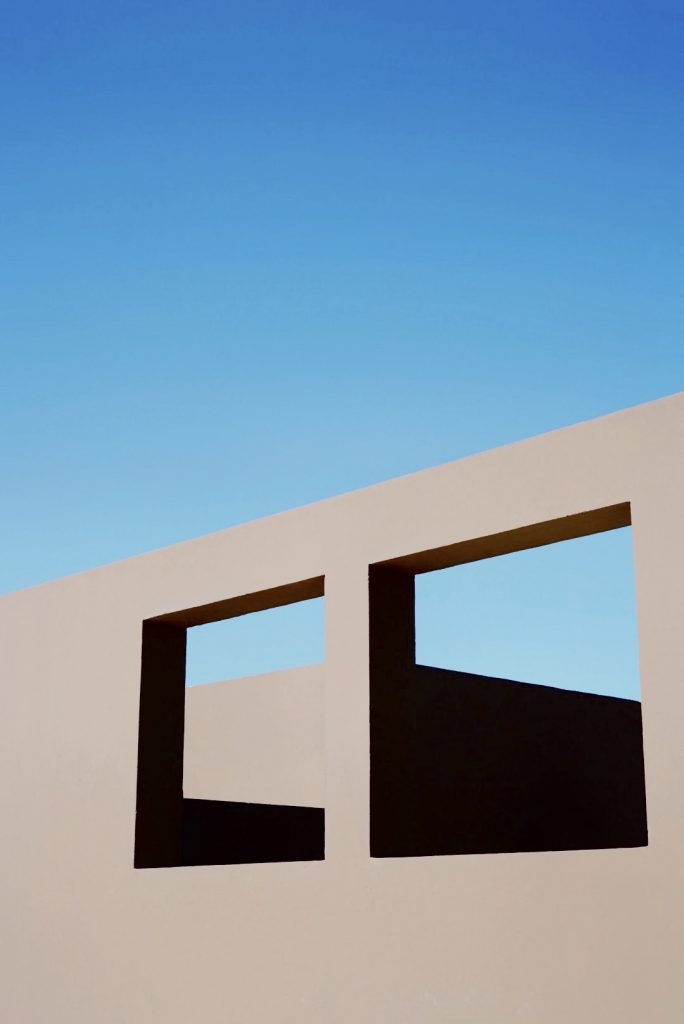
Your images are very minimal and clean-cut. I’d also say they’re quite peaceful. Is that reflective of the life you live, or is it something you seek out?
Yes, it is reflective of my life. I think my life is busy with so many amazing things lined up, but at the end of the day I try to make it as simple as possible and as minimal as possible. I go with my gut feeling, and go with the flow – like a wave. I don’t really plan anything or think too much about anything. I let go and live life in the moment. I love little things. It means the world to me. I see the little things in so many big things throughout my day. I can go on an excursion for a day and do so many amazing things but at the end of the day I still feel really good about that one cup of coffee in the morning. So, yes, my pictures do reflect my reality and they are me. I keep it as simple as possible because simple is beautiful to me.
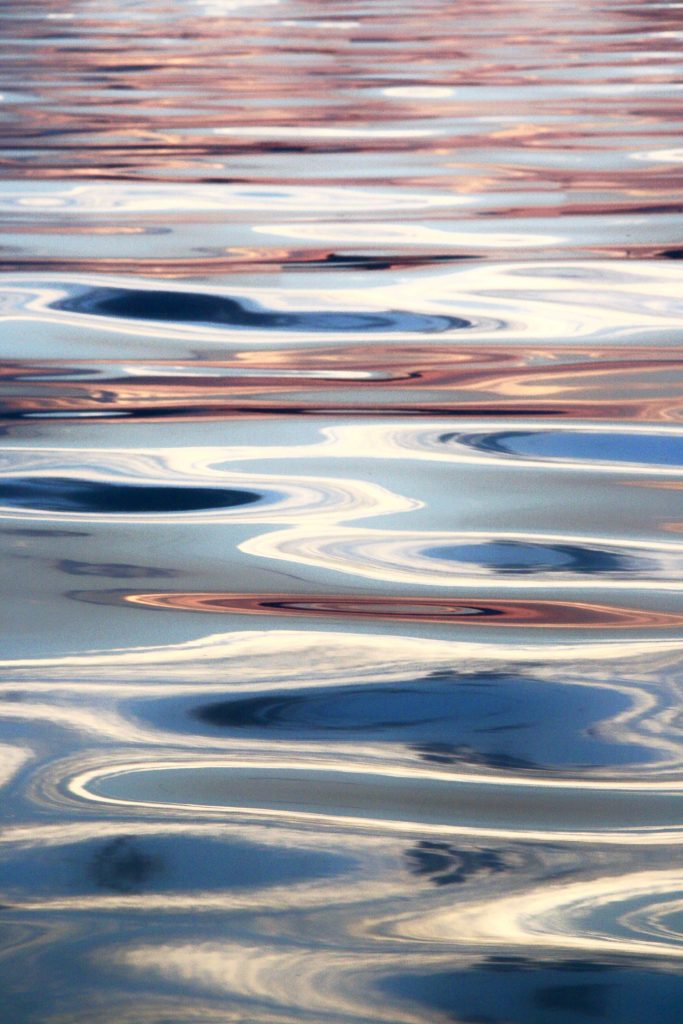
What is safe or dangerous in terms of experimentation?
What’s safe is that it’s your camera. It’s your camera. You can do whatever you want – it’s your picture. You know where to share it and where not to share it. But what’s dangerous is that, especially in Egypt, it’s not easy to take pictures in the streets. I always just want to roam the streets and take pictures and experiment, but it’s not easy. As a girl, Egypt can be a bit restrictive with things that have to do with the country and its security, as you probably know. I’ve had a lot of problems before with the military, and with police in certain areas. Once I was taking pictures of something and the stationed police officers thought I was taking it of them. It was scary and I wouldn’t do it again, which is sad because sometimes I just want to take pictures but I can’t. I know where I live and I know there are rules and boundaries in the country I live in. I respect it so much and I understand it. I know they’re scared about where the photos are going to end up, and they’ve been through a lot so I get that they can’t really trust anyone. But I find my way.
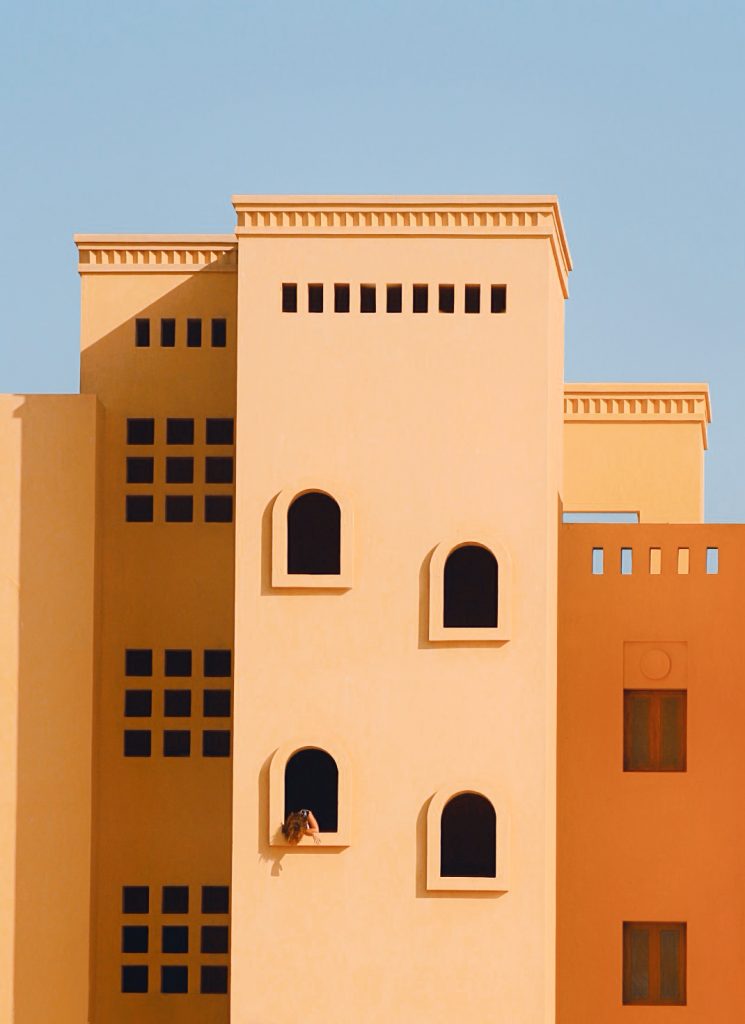
Every once in a while, on your Instagram you ask people to submit their favourite emerging Egyptian artists, which you then share on your stories. I think that’s so important to give artists that exposure and support and it’s also what Frontrunner is all about. What’s the best piece of advice you’ve received as an artist? And what advice would you give Egyptian artists who are just starting out to help them get seen?
I think the advice I really use throughout is to just be super open and confident with whatever collaboration proposal I get. I used to be shy and think I wasn’t good enough for the gig, but someone told me to keep my head high and be confident about the fact that I’m different. It wasn’t because of how professional I was or what gear I had, but simply that my photography was different and everyone always needs that.
My advice is to just practise hard and start off below 0, look for collabs even if it’s for free. Offer to be second hand photographers in friends’ shoots. Offer to take photos for free if you can afford to. It’ll be a struggle for a bit but everything will flow and come through when you’ve built a good portfolio that you can then use for jobs and work. But be open to anything and say yes. It’s how you learn. You’ll find difficult paths and you might go through rough patches but you’ll only learn from them. Nothing less than that.
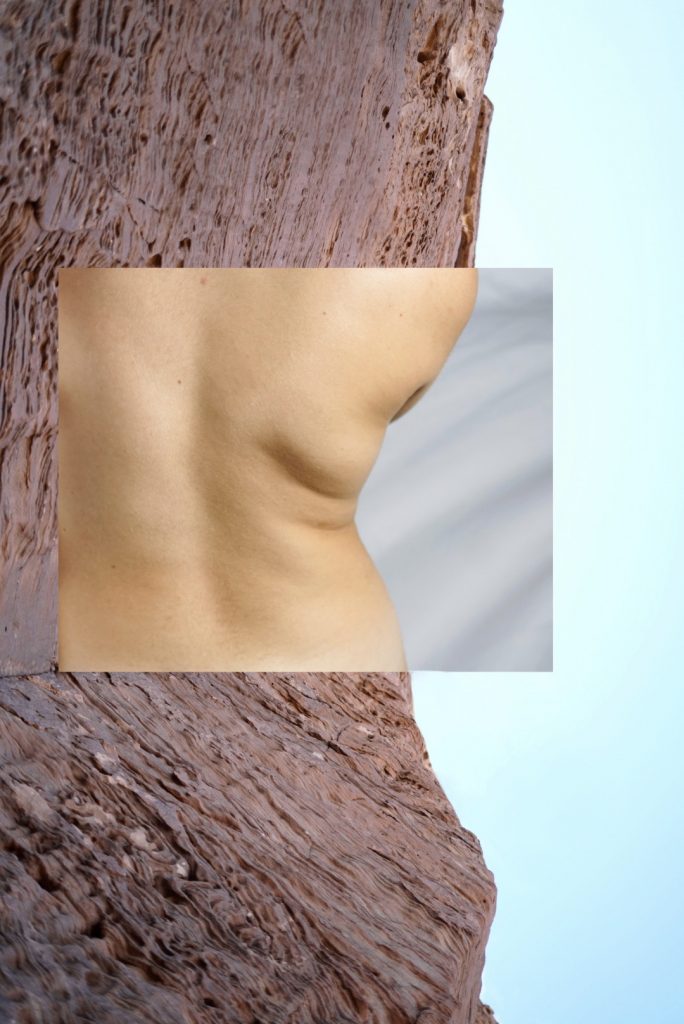
I love the caption you wrote for your first raw auto-portraits of you with the towel. You’ve since experimented with self-portraiture and I think they’re just so beautiful and thought out. Tell me about your self-portraiture journey.
It’s very common for photographers to not always have someone to shoot them. Usually, we’re the ones shooting. We always have this struggle of, “are they going to shoot me the way I would?” All you have is yourself to execute your own vision perfectly. It can be a lot of hard work when doing self-portraits to try to shoot it manually and have it at the right angle etc. It takes a lot of time and effort, but when it comes out the way you wanted it, it’s the best thing ever! It’s definitely a beautiful journey. You’re so relaxed, because there’s no one but you, so it’s the most beautiful moment to reflect and to know that this picture of yourself…you took that. You can be yourself and be crazy creative with it. Sometimes I have specific ideas that I know some people won’t be up to doing, so I just do it myself! That way, I have my idea and I have myself and I can explore it. “You” by you, is such a beautiful concept.
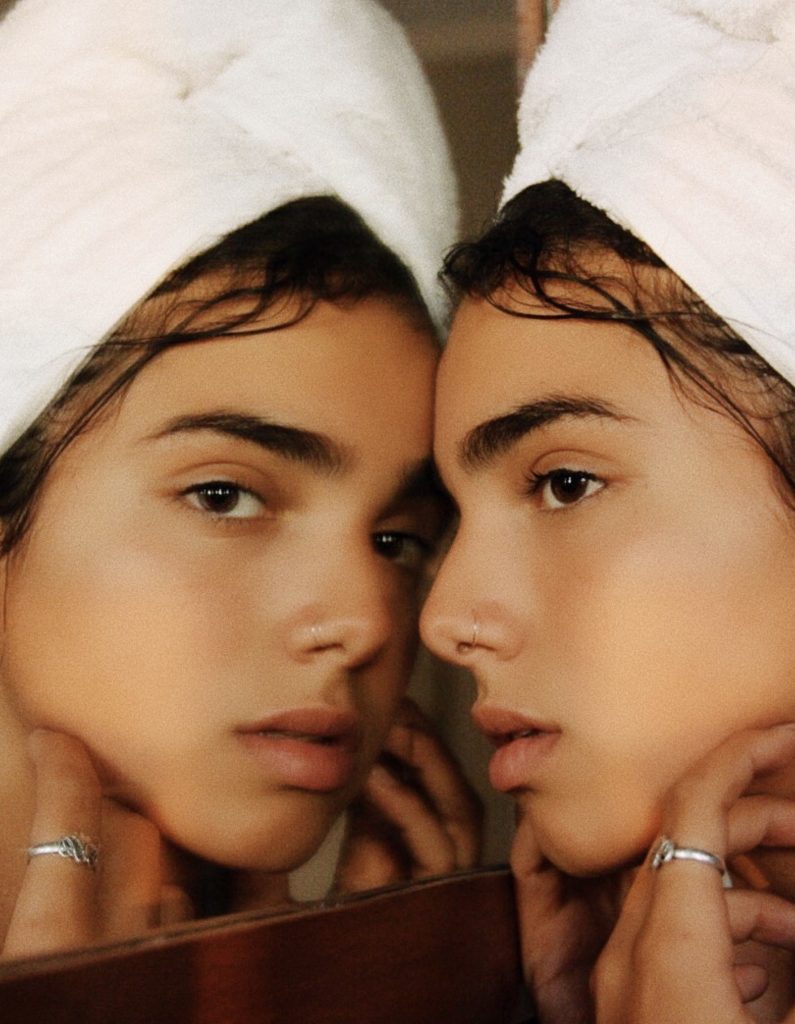
Where would you like to see your work in 3 years? What goals do you have for your practice?
My goal in life is to be known worldwide. I want to exhibit my work internationally. I want to be a National Geographic contributor. I want to photograph for NatGeo Wild, I’ve always had that dream since I was a little girl. Because that photography is all about the moment. It also takes a lot of effort and they get a lot of recognition and love – something that would make me happy forever. I’ve always been a fan of NatGeo Wild. I’ve always wanted to travel and take pictures in nature and wilderness. It’s so sad to think my future kids might not be able to see or witness animals because of extinction. I want to be able to capture and document our world before that happens. Although I hope it doesn’t. It’s a very scary job, but so rewarding. I’d also love to have my own school and teach others what I know. I love to pass around what I know to others who share a similar vision. Another dream is to see my pictures hung up in people’s homes.
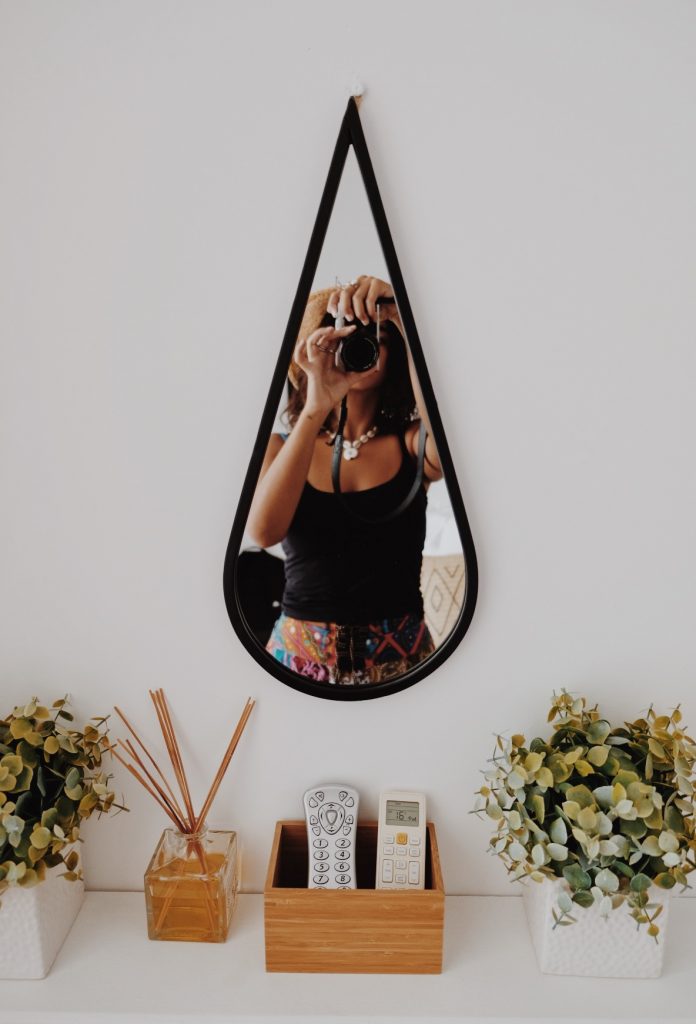
Follow Farida’s journey on Instagram: @faridabustani, @faridacam

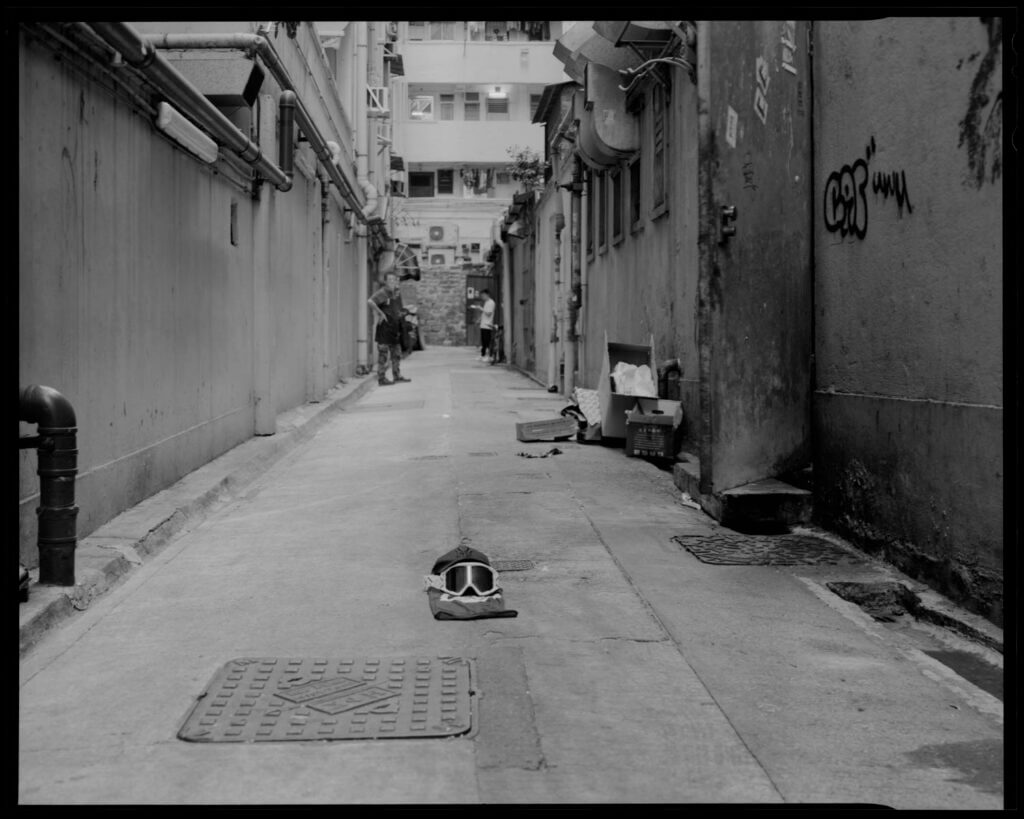
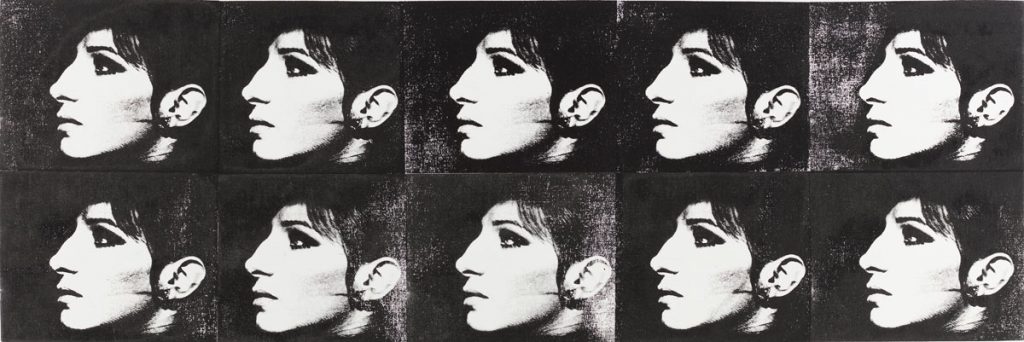
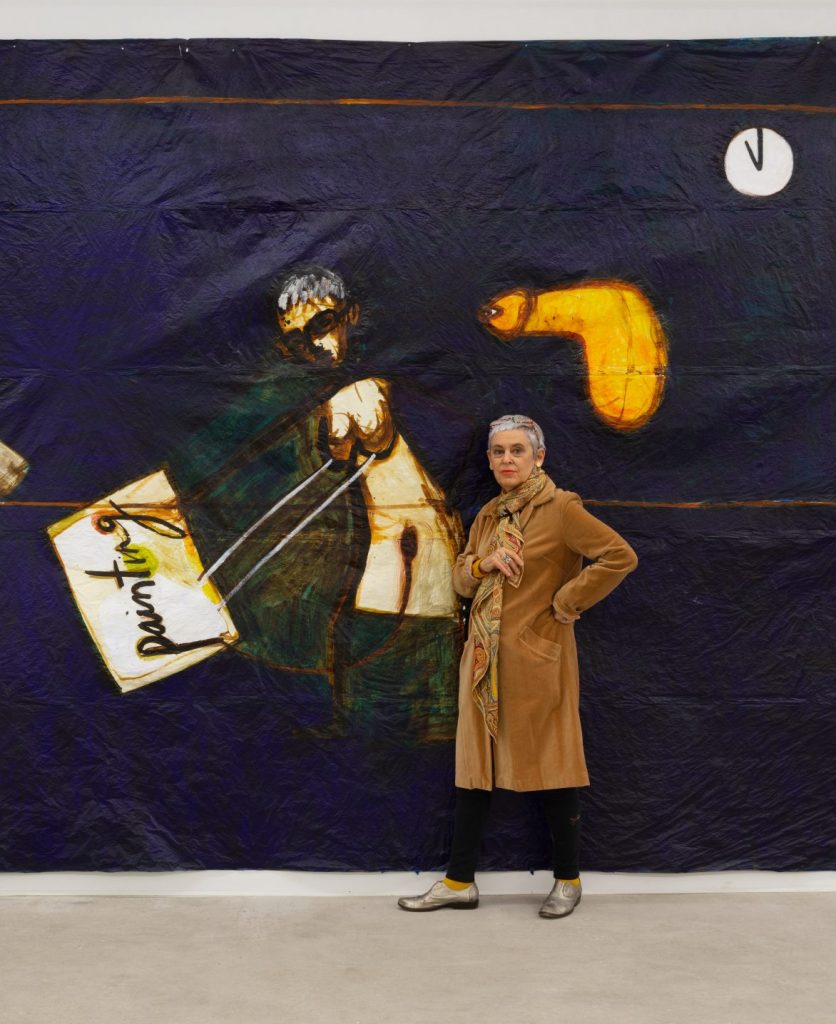
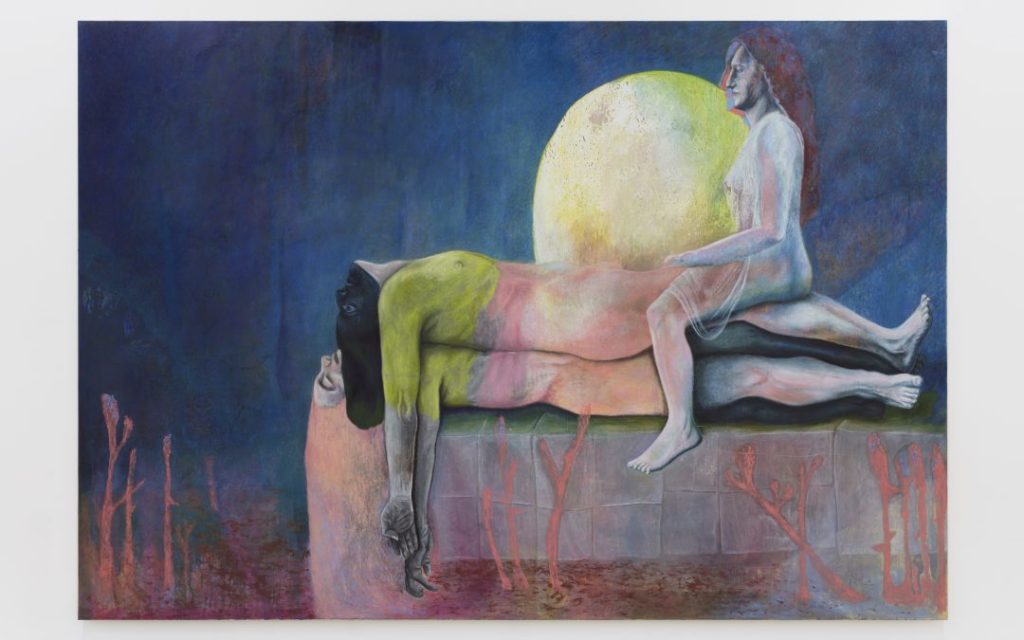
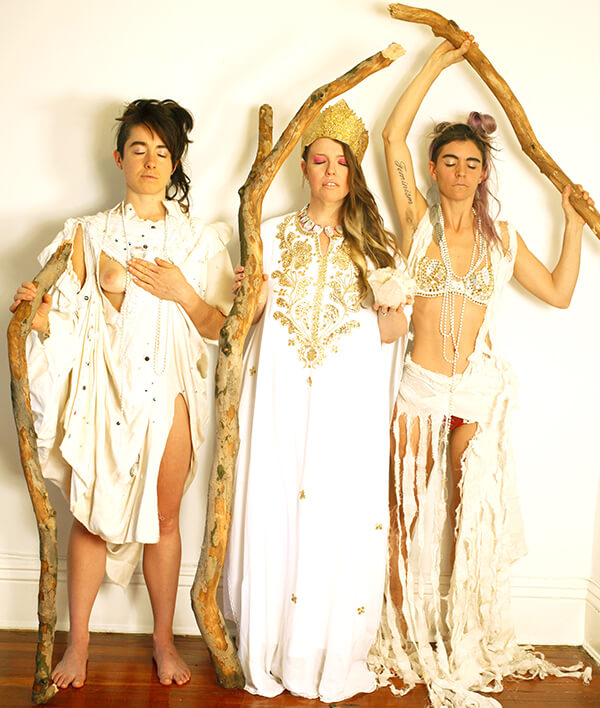
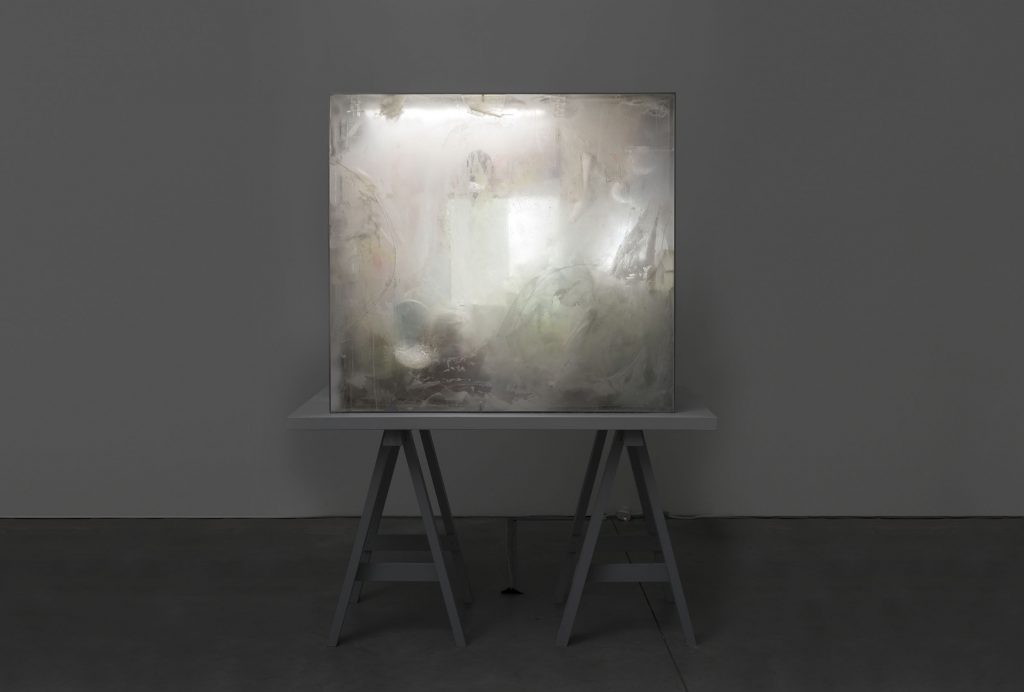
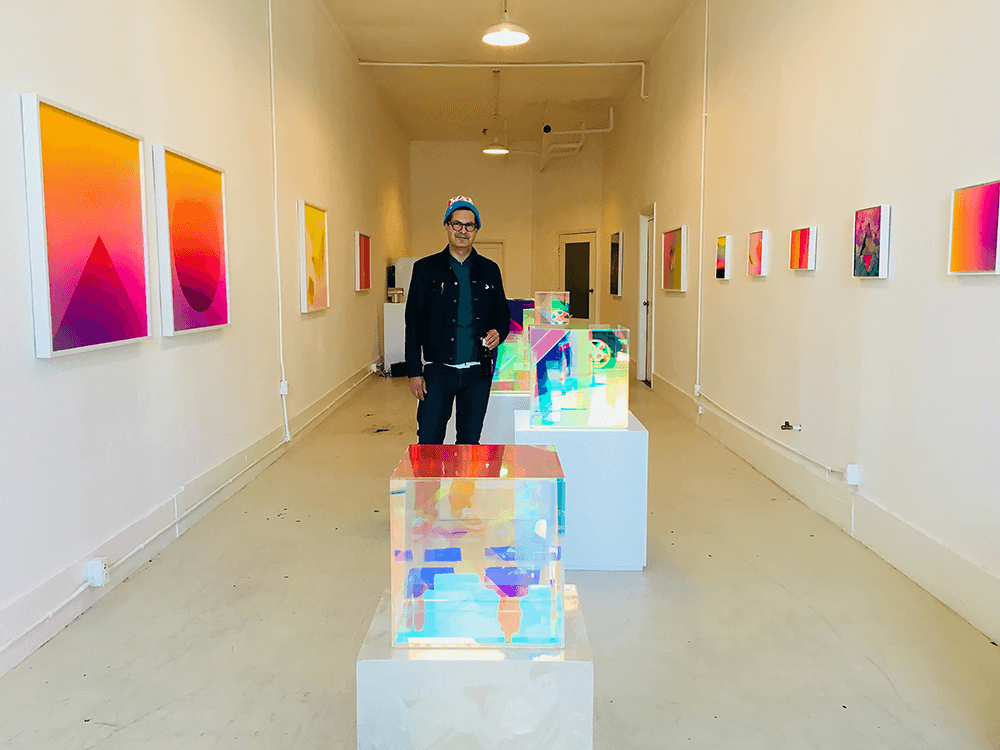
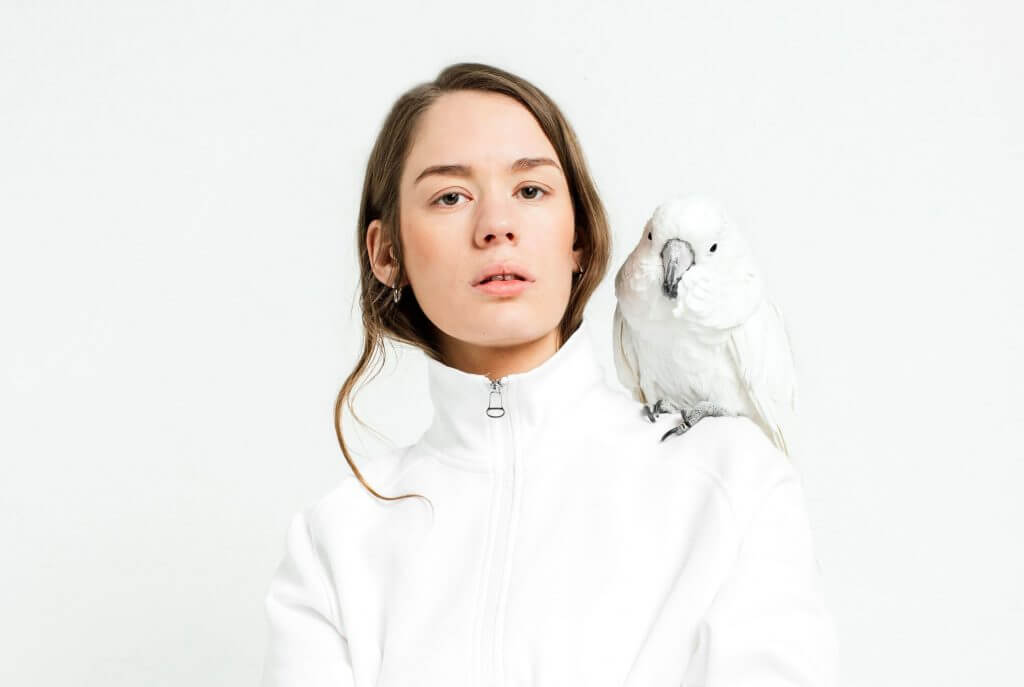
Responses